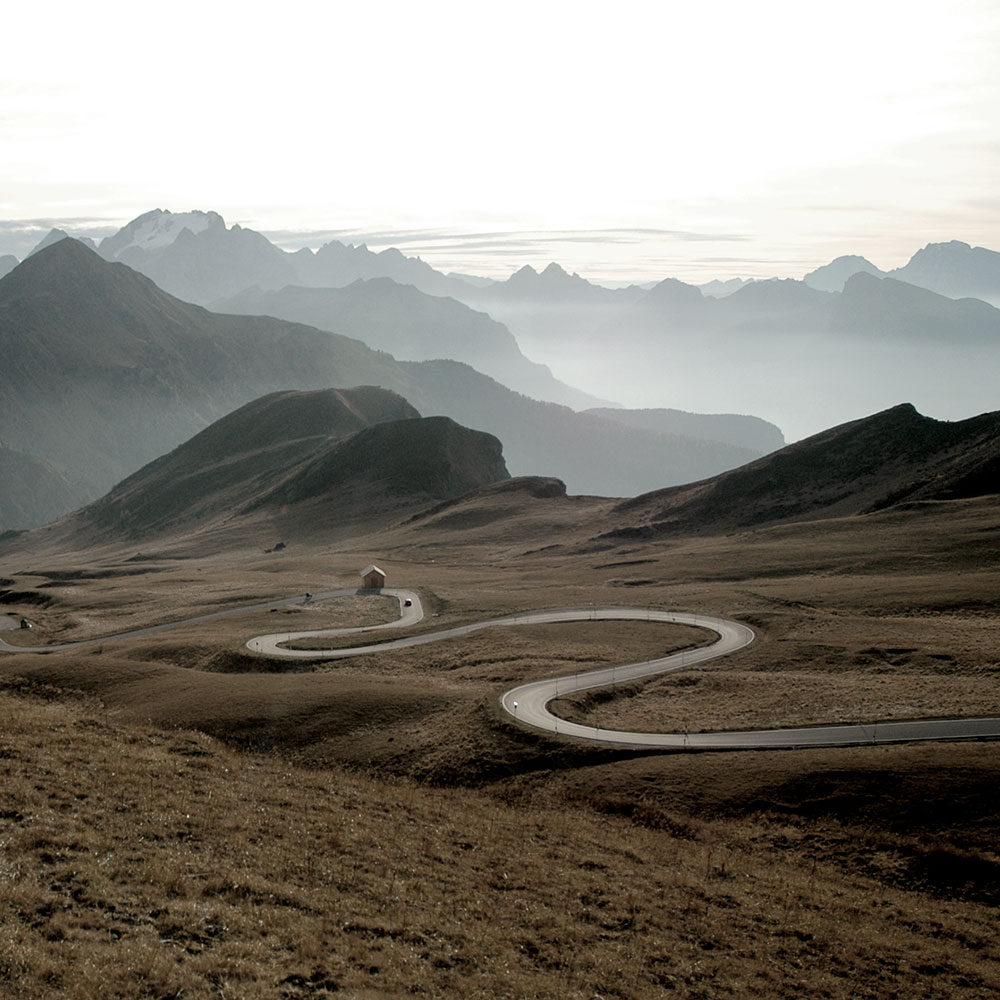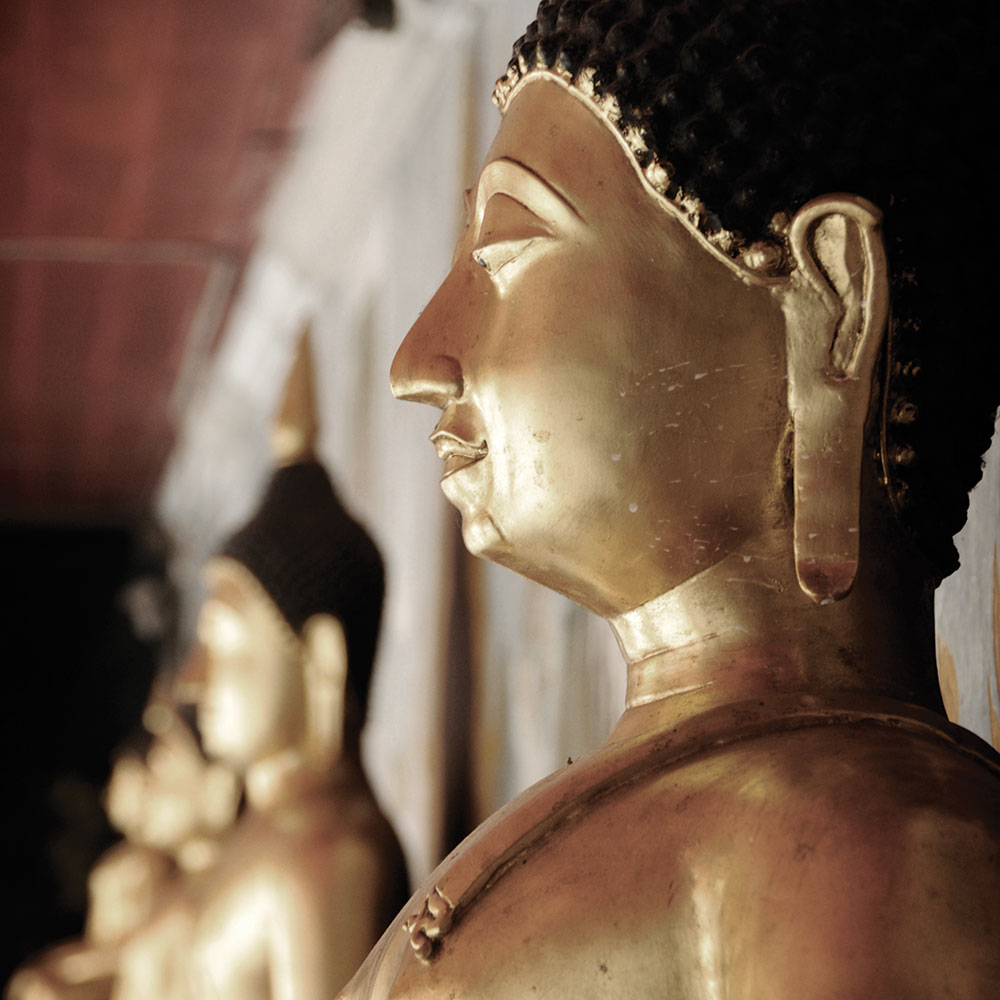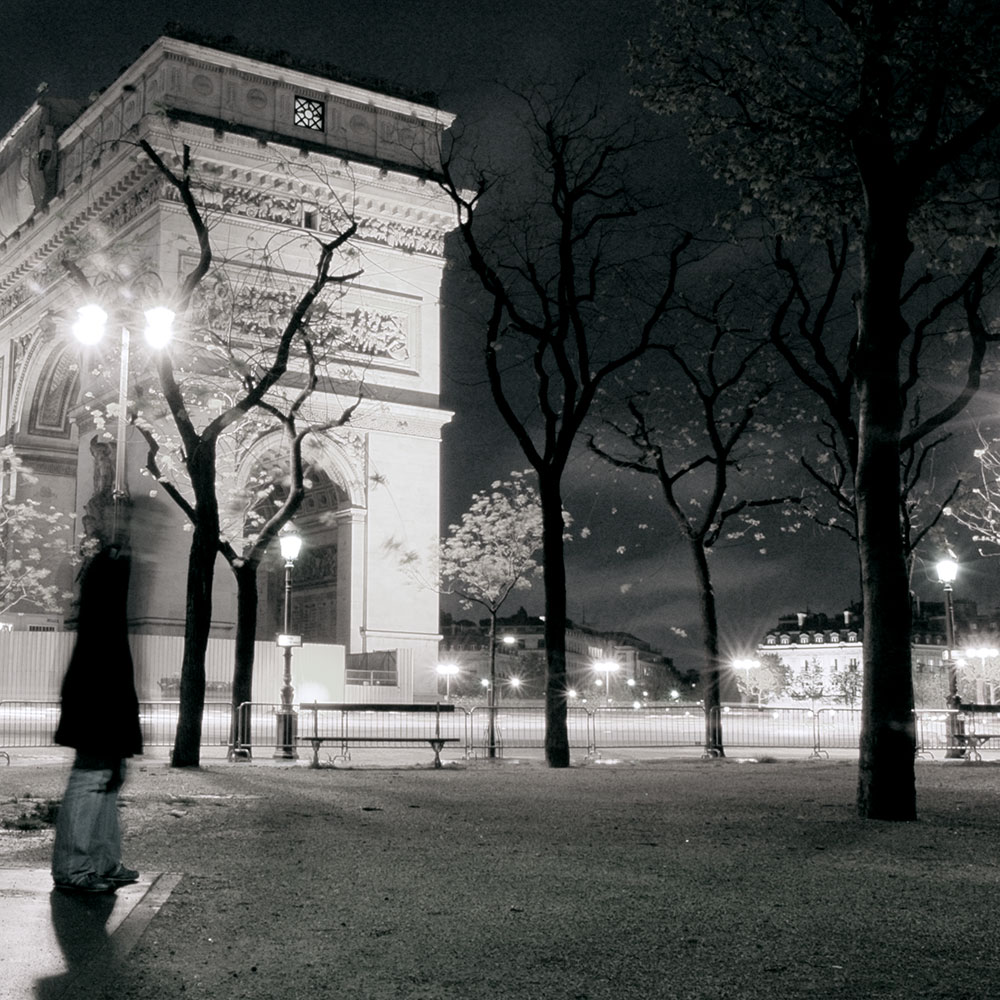Mountain gorillas, the largest primates on the planet, have long fascinated travelers and scientists alike. Now numbering less than 1,000, primarily due to poaching and habitat loss, these majestic animals are finding new hope.
Rwanda’s Volcanoes National Park is leading the charge to protect its indigenous primates through carefully regulated tours guided by National Park Rangers. Group tours are limited in size and duration to protect the animals and their habitat, and the revenue from ecotourism is making visiting the mountain gorillas a more profitable enterprise than hunting them.
Mountain gorillas are nomadic and wild, and their habitats can be remote. Going on a gorilla trek is not like other African jeep-driven safaris—hikes are often strenuous and can last from one to six hours, as your guides lead you through dense forest and to elevations of 7,500 feet. But the reward of discovering a hidden family of gorillas in its native habitat is well worth the trip.
Volcanoes National Park is located in Kigali, where most travelers venture into the vibrant culture of the local markets, as well as visit the Kigali Genocide Memorial Centre, the site of the Rwandan Genocide of 1994.
Kenya is a short flight away, and there you can continue your search for endangered species—including black rhinos and elephants—among the high plains of Laikipia and the Maasai Mara.
Insider Tip: Visitors to Kigali can also purchase permits to trek for golden monkeys, an endemic species to the Albertine Rift montane forests of Volcanoes National Park.
Fun fact: Rwandan coffees are gaining prominence among their long-popular African neighbors, and a burgeoning coffee tourism industry is also helping to protect Rwanda’s natural lands.









